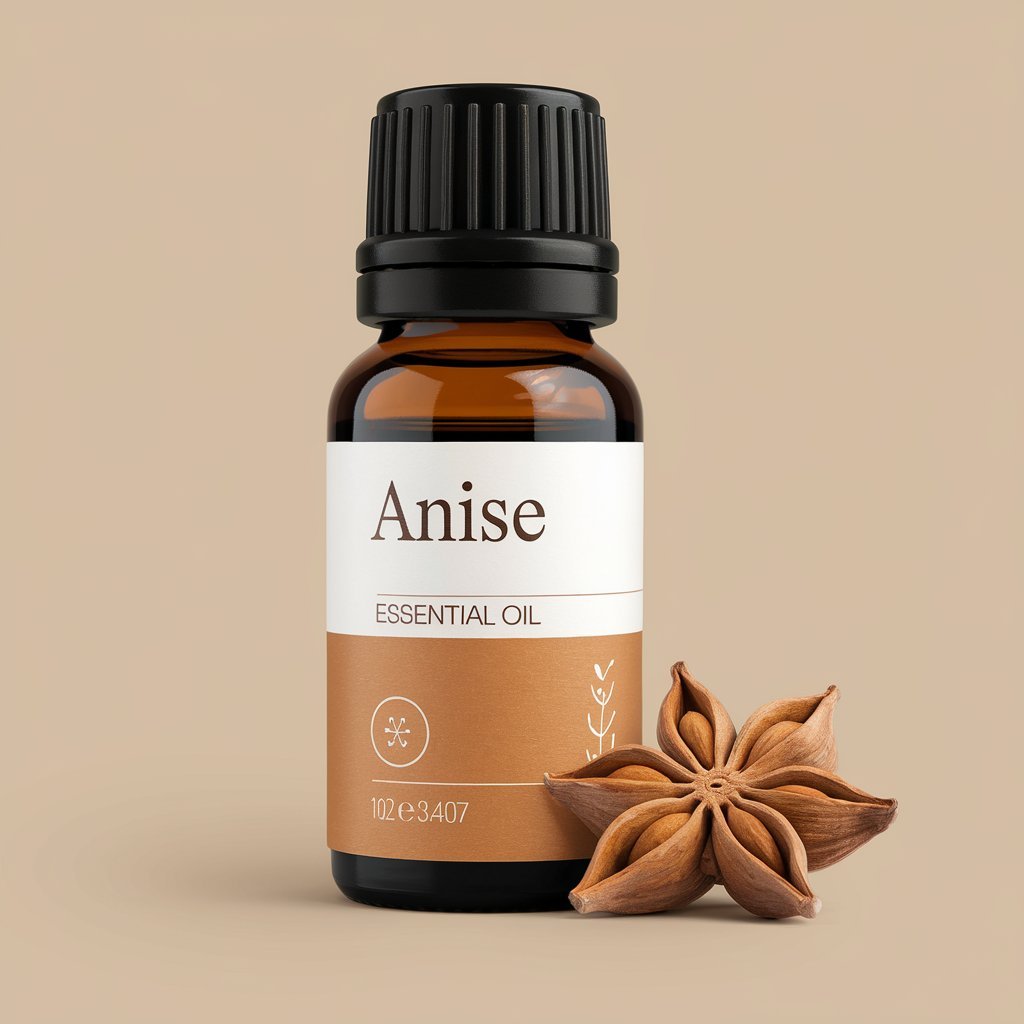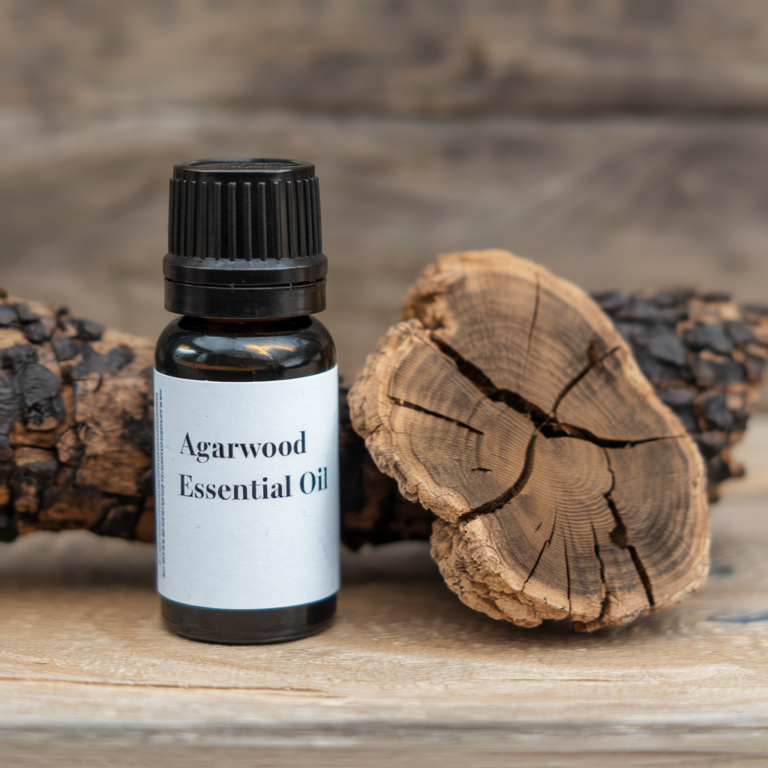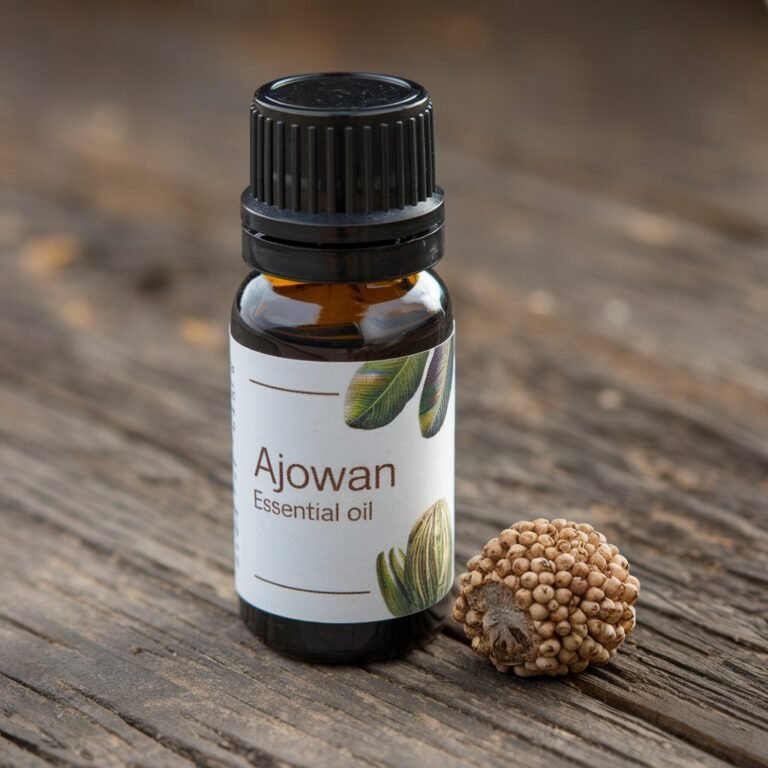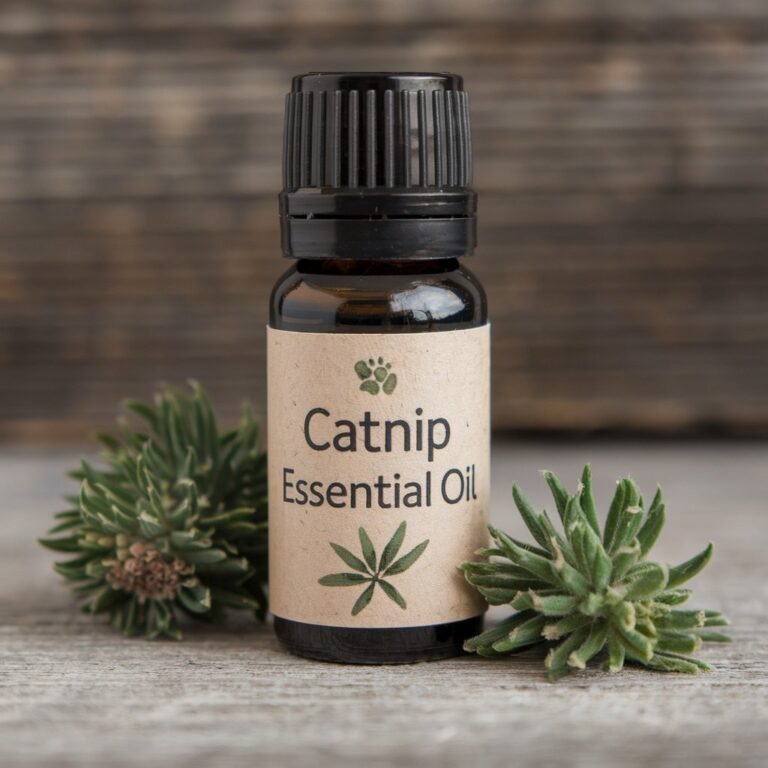Anise Essential Oil
Have you ever wondered about the unique and enchanting aroma of anise essential oil and its potential benefits? Let's explore this intriguing oil and uncover its many facets, each offering a glimpse into why it's cherished by many.
Recommended Brands:
Anise Star Essential Oil by Barefut
What is Anise Essential Oil?
Anise essential oil, often referred to as ‘Pimpinella anisum' oil, has been treasured for its potent yet sweet fragrance reminiscent of licorice. Extracted from the seeds of the anise plant, this oil has been a staple in traditional medicine and culinary practices worldwide. Its unique properties have piqued the interest of herbalists, aromatherapists, and those dedicated to natural wellness.
A Brief History and Origin
The history of anise seeds and their essential oil traces back to ancient times. Known for their healing properties, the seeds were once used by the Egyptians and Romans for medicinal purposes and as a culinary spice. Fast forward to today, its essential oil variant is highly esteemed, used extensively in modern applications ranging from aromatherapy to holistic medicine.
Extraction Process
The process of extracting anise essential oil is quite fascinating. The seeds undergo steam distillation, a method that ensures the retention of their volatile compounds. This procedure not only captures the oil's aromatic essence but also preserves its natural therapeutic properties.

The Alluring Aroma: Aromatic Profile
Anise oil is known for its sweet, spicy fragrance that can transport one to a place of nostalgia or tranquility. It's no wonder this oil is a popular choice in perfumes and personal care products. The aroma is both uplifting and calming, making it perfect for various aromatic applications.
Uses in Aromatherapy
In aromatherapy, anise essential oil plays a critical role. Largely used to soothe the mind and reduce stress, it's a go-to oil for relaxation. Its unique scent not only rejuvenates but also aids in creating a serene environment, making it a popular choice for diffusers and personal blends.
Recommended Brands:
Anise Star Essential Oil by Barefut
Health Benefits of Anise Essential Oil
The therapeutic benefits of anise essential oil extend beyond its pleasing aroma. This oil is celebrated for its antimicrobial, antifungal, and antioxidant properties. Here's a table to capture some of its key health benefits and uses:
| Benefit | Description |
|---|---|
| Digestive Aid | Helps alleviate bloating and indigestion. |
| Respiratory Support | Acts as a natural expectorant, assisting in easing coughs and clearing airways. |
| Antimicrobial Agent | Offers protection against certain bacteria and fungi. |
| Hormonal Balance | Supports female health by potentially alleviating symptoms of menopause. |
Pros and Cons of Anise Essential Oil
While anise essential oil offers a myriad of benefits, it's also essential to be aware of potential drawbacks.
Pros:
- Natural Remedy: Anise oil is a natural alternative to synthetic drugs for minor ailments.
- Versatile Use: Its applications range from therapeutic massages to household cleaning products.
- Pleasant Aroma: With its inviting scent, it enhances both mood and environment.
Cons:
- Sensitivity: Some individuals may experience skin irritation or allergic reactions.
- Contraindications: Not recommended for pregnant women or individuals with estrogen-sensitive conditions.
Culinary Uses
Anise essential oil is not just for health and wellness; it's also a culinary delight. With its sweet flavor, it brings a unique twist to beverages, baked goods, and various dishes. Could you imagine your favorite cookies or sauce infused with a hint of anise? Delightfully delicious!

Potential Side Effects
As with any essential oil, understanding the need for proper usage is crucial. While beneficial, anise oil should always be diluted and used cautiously to avoid any adverse reactions. It's important to perform a patch test when using it topically and consult with a healthcare professional if you're using it as part of an internal regimen.
Environmental Impact and Sustainability
Anise plants are generally cultivated sustainably. However, with the growing demand for essential oils globally, responsible sourcing remains imperative. Opting for oils from ethical suppliers not only ensures quality but also supports sustainable farming practices for future generations.

Conclusion
Anise essential oil is a versatile, naturally derived oil offering a blend of therapeutic, aromatic, and culinary benefits. Whether you're drawn to its sweet aroma, healing properties, or culinary enhancements, using it appropriately can be a delightful experience.
Recommended Brands:




